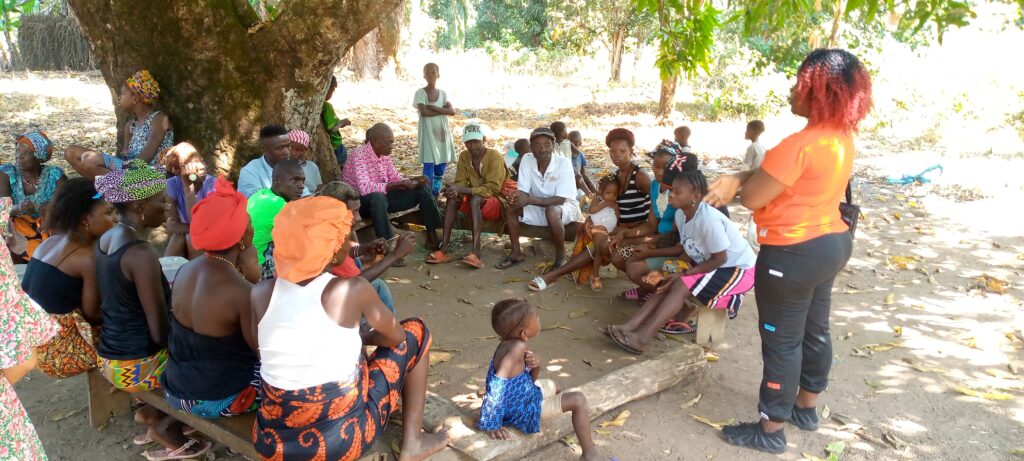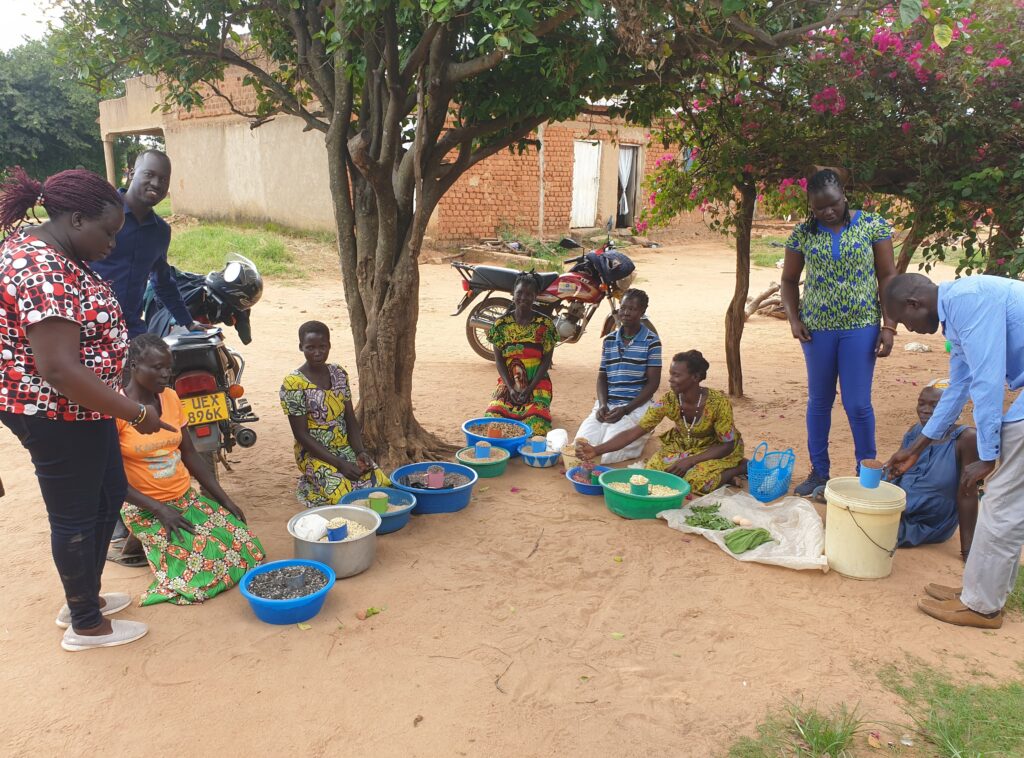The United States’ founding fathers were on to something in 1776 when they declared life, liberty and the pursuit of happiness to be inalienable rights. Yet, it is still rare to find any reference to people’s emotional state (“happiness”) in more recently drafted bills of rights, constitutions or legal conventions. More typical is a catalogue of things that no one should have to endure (imprisonment without trial, theft of property, enslavement, violence, rape, genocide).
The pressures exerted on people all over the world during the pandemic raised the profile of mental wellbeing. Once barely mentioned in polite society, now trauma, stress, and depression attract less stigma in the Global North. Now, the slogan “mental health is a human right,” is not considered controversial.
Yet, mental health remains under a shadow of suspicion and superstition in many less affluent countries. Entire families endure stigma and social rejection because they have a member with mental health issues; care-givers receive no support or sympathy; and people suffering mental health challenges or epilepsy are excluded from living productive lives.
For Network for Africa and our partners in Sierra Leone, Rwanda and Uganda, our mission is founded on the belief that good mental health truly is the right of every citizen. With counselling, medication where appropriate, and support, people need not be hidden away or deprived of the chance to flourish. After all, we take this for granted in the (comparatively) wealthy world.
How do you make sure mental health is recognised as a human right?
A good start is by providing community education sessions where trauma, depression and epilepsy are de-mystified. Network for Africa and our partners have been doing this for years, involving local leaders in the process, which gives our efforts legitimacy. Hundreds of people attend our meetings wherever they are held, listening as respected community figures explain that mental health issues are not curses from ancestors or infectious diseases. We also support local health professionals in places where the services offered are rudimentary.

Another powerful tool in our kit is letting sceptical or suspicious local people witness the transformation that counselling can bring about – and in the case of epilepsy, what medication can achieve.
Our self-help groups play a vital role in providing proof for all to see. The members include people with mental health issues, people with epilepsy, and care-givers. They receive group and individual counselling, and learning techniques to manage their trauma. Then, when they are ready to embark on the next stage of their recovery, they join self-help groups in which people support each other on their journey, cooperate in running savings and loans schemes, have basic financial literacy training and are given grants with which they can start small businesses.
In Uganda, our original 25 self-help groups received livelihoods items to sell in their local market such as soap, sugar, tea, salt, cooking oil, curry powder, washing detergent and match boxes. Others have set up a salon or a bakery, while some are offering bicycle repair services. Not that long ago, these budding entrepreneurs were crushed by the memories of their experiences in the long-running conflict in northern Uganda. Now, equipped with techniques to manage their flashbacks, and with financial training, they are out in the world making money.

In Sierra Leone, our initial nine self-help groups made up of people with mental health issues and their caregivers have received livelihoods grants, distributed through the groups, for the purpose of investing in business activities. These include travelling to monthly district wholesale markets (‘luma’) to buy food and other products to sell in their communities, and with which to make food products that they can then sell. They use some of their profits to invest in their group savings. One of these groups is in a war-survivor amputee camp, enabling its members to go from relying on begging to survive, to supporting themselves and their families through small businesses. We have six new self-help groups in Sierra Leone with another 129 members who have started doing savings, but do not have livelihoods grants yet. If we can raise enough money, we hope to offer them the same opportunity to become businesspeople.
In Rwanda, all 12 of our peer counselling groups have started group savings schemes from which members can borrow to invest in starting their own small-scale businesses. So far, 13 of those members whose mental health is much improved have started their own businesses such as selling fruit or clothing in the market, or running a motorbike taxi company. Not only does their income increase, but so does their confidence. Sixteen members have written business plans which have resulted in bank loans. They are claiming their right to live normal, dignified lives, providing for their families.
The world has finally recognised that good mental health is as essential as food and water. Without it, any community faces massive barriers when its members are trying to rebuild their lives after conflict and violence. Thank you for helping our work in Rwanda, Uganda and Sierra Leone. Please visit our donation page to support our continuing efforts.